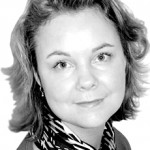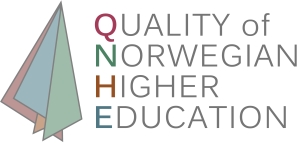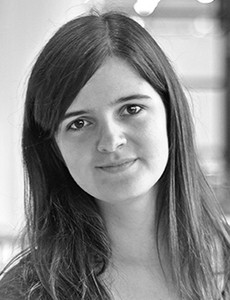

As a part of the project, researchers from sub-project C have been working on case studies of educational practices at the course level.
The report with key findings will be launched with a breakfast seminar at NIFU on 23rd of January, 2018, at 0830-1000. Tine Prøitz and Monika Nerland present the key results from the report.
Read more about the event here.
The case studies examine aspects that matter for the quality of educational practices in course designs that employ student-centered approaches. Whilst ways of engaging students more actively in their learning processes are high on the political agenda and a variety of pedagogical approaches are developed for these purposes, less is known about how such approaches are
enacted in practice and the challenges teachers and students face in this regard. The cases presented here illustrate different pedagogical designs and approaches and how they play out in different domains and program contexts. Each case study addresses three research questions:
- What characterizes the teaching approaches and ways of engaging students in the course?
- What challenges do students and teachers face with the given pedagogical approaches and learning activities?
- What can we learn from this case about issues that matter for quality of educational practices?
The case studies used a common methodological approach combining participant observation, interviews with teachers and students, document analysis of course documents, and a questionnaire to the students targeting their course participation and experiences.

 Please note that the project also has
Please note that the project also has 
 Although the Nordic Higher Education system seems similar by many, it was surprising to find so many patterns of similarities between the Danish survey results and the comparable Norwegian survey. Furthermore, the detected differences seem to be explainable by differences in recent priorities, developments and reforms within Higher Education.
Although the Nordic Higher Education system seems similar by many, it was surprising to find so many patterns of similarities between the Danish survey results and the comparable Norwegian survey. Furthermore, the detected differences seem to be explainable by differences in recent priorities, developments and reforms within Higher Education.